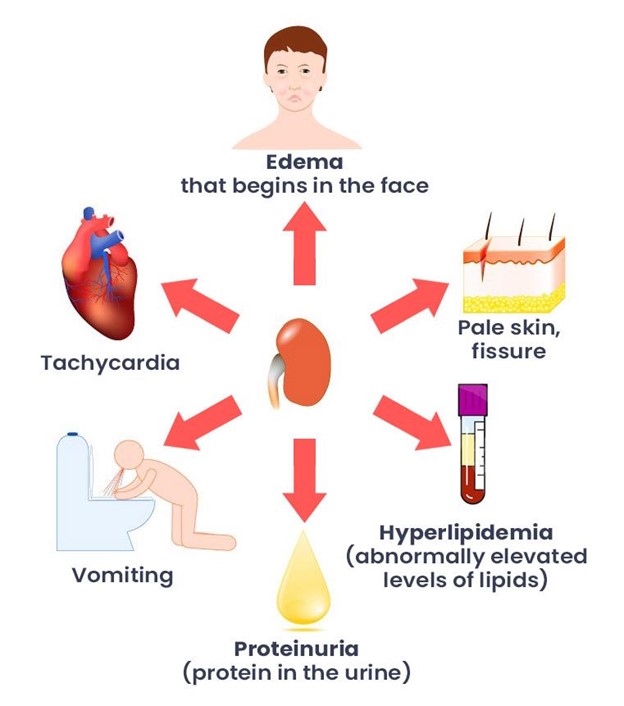Evidence has demonstrated that we can do a great deaI to prevent and minimalize the occurence of CTE (Concussion Tramatic Encephalophy), damage due to repetitive head injuries. Which of the answers below are true:
You do not need to lose consciousness to suffer a concussion,
You will suffer permanent brain damage
We encourage fluids after a concussion
Bleeding always occurs with a concussion
The Correct Answer is A
A. You do not need to lose consciousness to suffer a concussion.
This statement is true. Concussion is a type of traumatic brain injury (TBI) that can occur without loss of consciousness. Many concussions happen without the person losing consciousness at all.
B. You will suffer permanent brain damage.
This statement is not necessarily true. While some concussions can lead to lasting effects, not all cases result in permanent brain damage. The severity and long-term effects of a concussion can vary widely.
C. We encourage fluids after a concussion.
This statement is true. Adequate hydration is important after a concussion. Staying hydrated can help support the brain's recovery process.
D. Bleeding always occurs with a concussion.
This statement is not true. Concussion is defined by the disruption of normal brain function due to a blow or jolt to the head or body, and bleeding is not always a necessary component of a concussion. However, more severe head injuries could involve bleeding and would not be classified as just a concussion.
Nursing Test Bank
Naxlex Comprehensive Predictor Exams
Related Questions
Correct Answer is C
Explanation
A) Smokey brown urine:
This finding is not typically associated with nephrotic syndrome. Smokey brown urine might indicate the presence of blood in the urine, which can be seen in conditions such as hematuria or certain kidney infections.
B) Polyuria:
Polyuria refers to excessive urination and is not a primary characteristic of nephrotic syndrome. However, children with nephrotic syndrome may have decreased urine output due to the loss of fluid and proteins through the damaged kidney filters.
C) Facial edema:
Facial edema (swelling of the face) is a hallmark of nephrotic syndrome. The loss of albumin in the urine results in a decrease in oncotic pressure (a force that helps keep fluid in the blood vessels), leading to fluid accumulation in the interstitial spaces, including the face, ankles, and abdomen.
D) Hypertension:
Hypertension (high blood pressure) is not a typical finding of nephrotic syndrome itself. However, it's possible for kidney damage to lead to secondary hypertension. In nephrotic syndrome, low levels of albumin can trigger the renin-angiotensin-aldosterone system, which can contribute to increased blood pressure.

Correct Answer is D
Explanation
A. Polyuria (excessive urination) is not a symptom of hypoglycemia; it is more commonly associated with hyperglycemia (high blood sugar).
B. Deep rapid respirations are more characteristic of diabetic ketoacidosis (DKA), a complication of uncontrolled diabetes that leads to high blood sugar levels and metabolic acidosis.
C. Dry, flushed skin is not a typical symptom of hypoglycemia; it might be associated with conditions like dehydration or heat exposure, but not with low blood sugar.
D. Tachycardia
Explanation: The symptoms described by the adolescent (feeling shaky, difficulty speaking, difficulty concentrating) along with a blood glucose level of 55 mg/dL indicate hypoglycemia, which is low blood sugar. Tachycardia, or a rapid heart rate, is a common physiological response to hypoglycemia. The body increases the heart rate in an attempt to improve blood flow and deliver glucose to the brain and other vital organs. This is part of the body's fight-or-flight response to low blood sugar.
Whether you are a student looking to ace your exams or a practicing nurse seeking to enhance your expertise , our nursing education contents will empower you with the confidence and competence to make a difference in the lives of patients and become a respected leader in the healthcare field.
Visit Naxlex, invest in your future and unlock endless possibilities with our unparalleled nursing education contents today
Report Wrong Answer on the Current Question
Do you disagree with the answer? If yes, what is your expected answer? Explain.
Kindly be descriptive with the issue you are facing.
